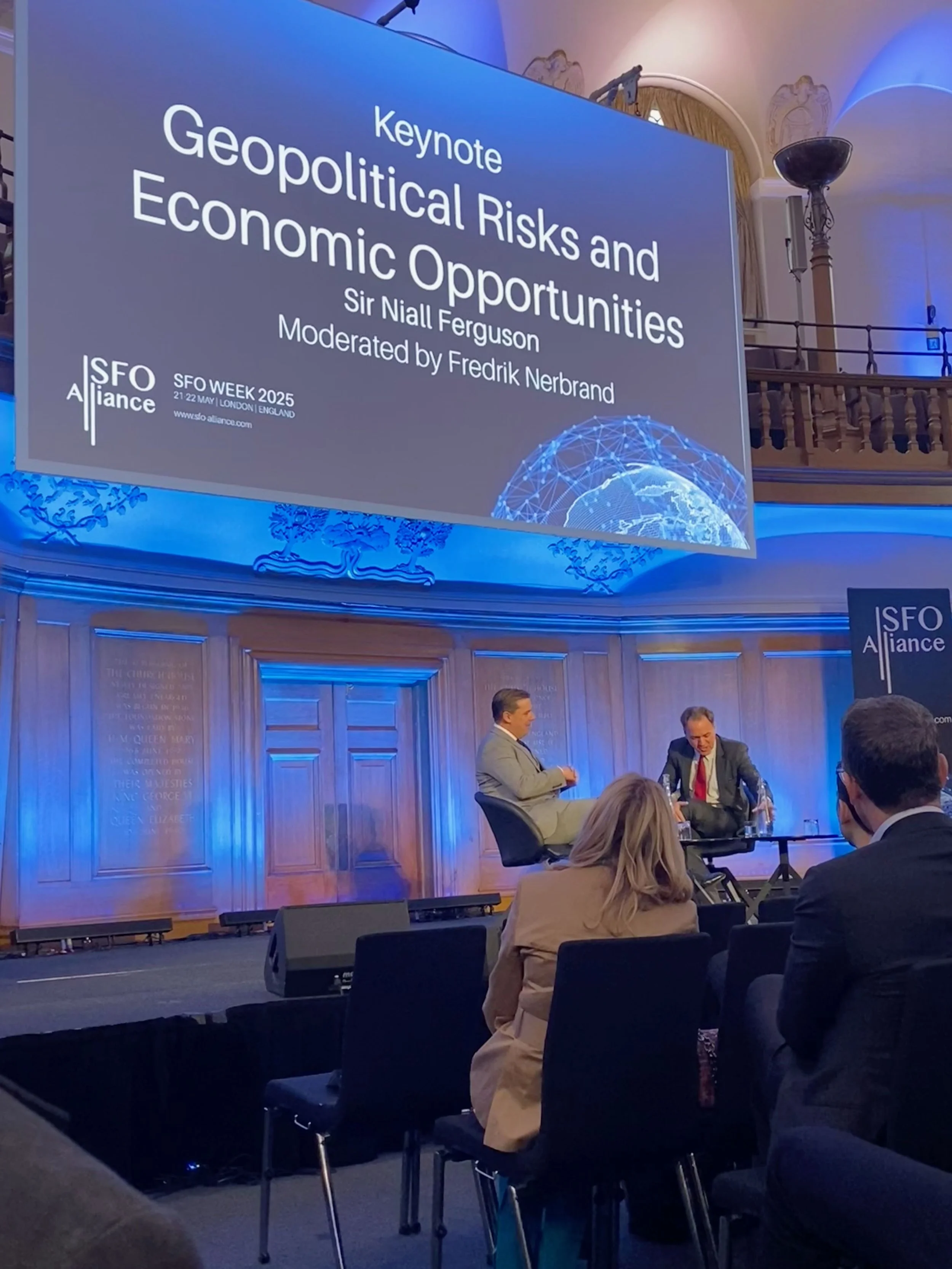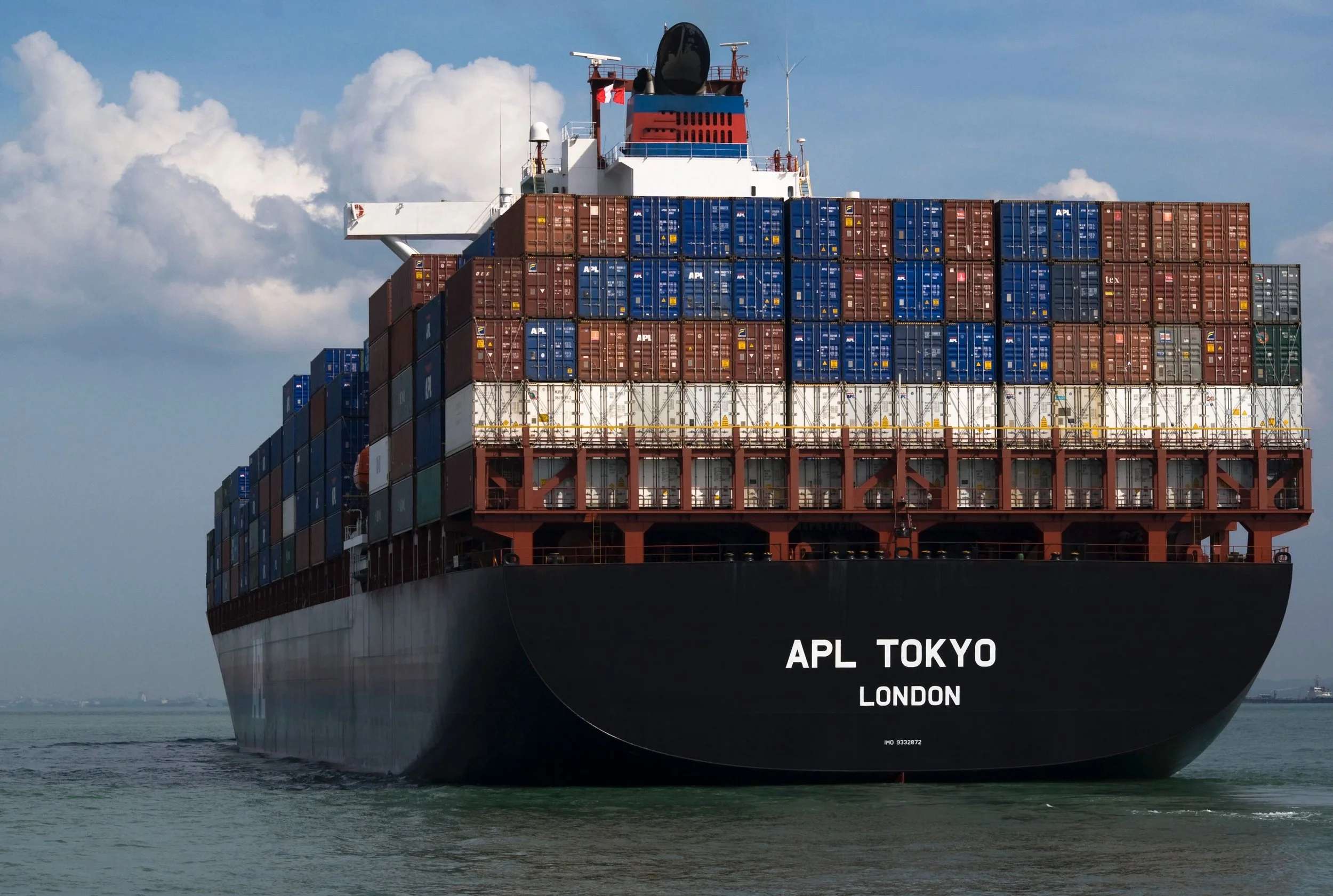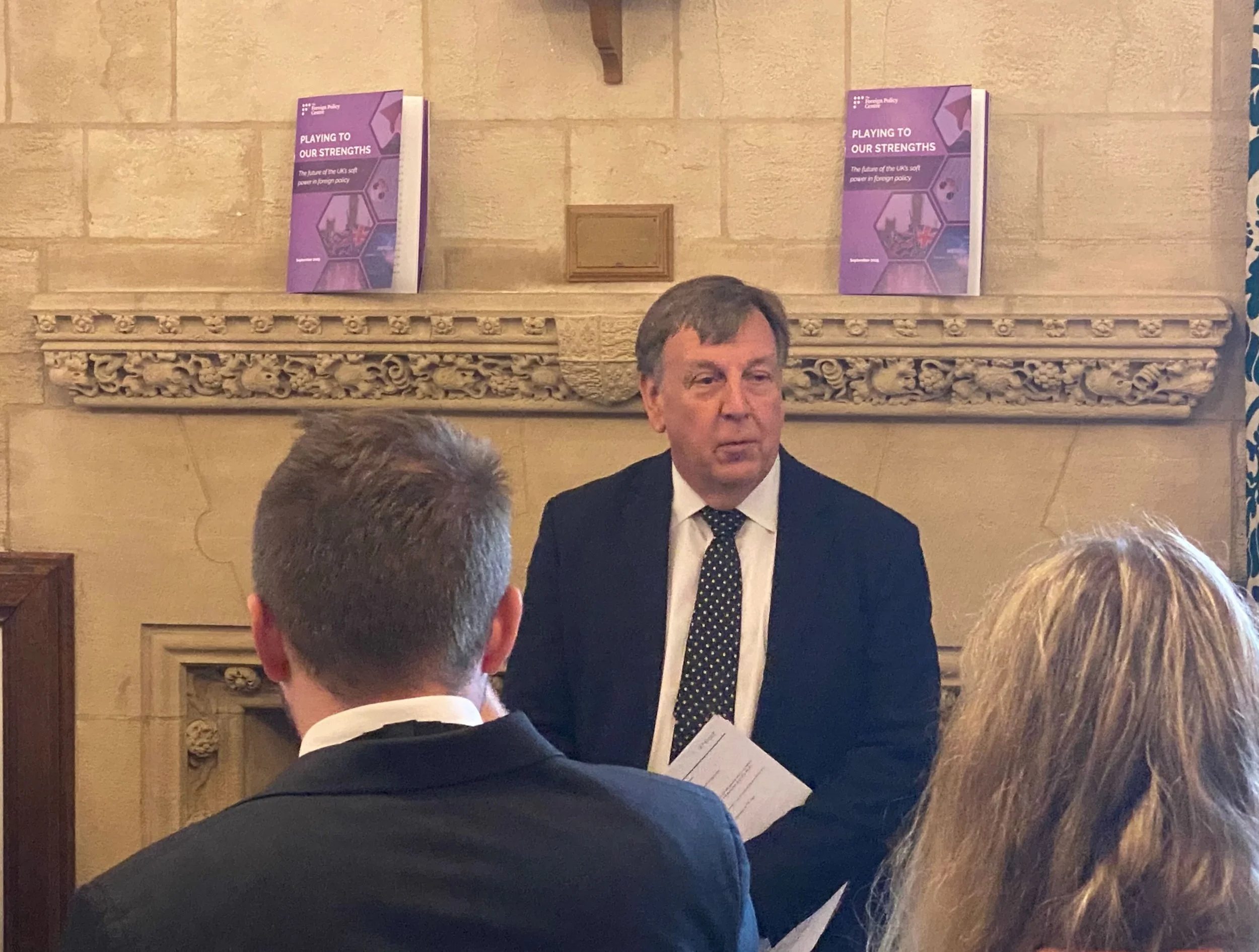Why Economic Diplomacy Is a CEO Power Move
Economic Diplomacy Is Now Business Strategy
Economic diplomacy is no longer a side theme in foreign affairs—it’s a frontline business strategy. In a world where markets, politics, and technology collide, the ability to engage at the intersection of public and private power has become a defining edge for companies and investors.
The recent Saudi-U.S. Investment Summit demonstrated this shift in action. With high-profile participants like Elon Musk (Tesla/SpaceX), Larry Fink (BlackRock), and Jane Fraser (Citi), the summit was more than a showcase of commercial opportunity. It revealed a new model of influence, where economic alignment with national agendas creates access, capital, and credibility.
And the roadshow didn’t return to the US after Saudi. Instead, what it did is continue tp Qatar and Abu Dhabi in the UAE to meet and agree more financial support.
Redrawing Global Influence Through Economic Diplomacy
Economic diplomacy blends corporate strategy with geopolitical leverage. It is not about deal brokering alone, but shaping environments where investment decisions carry strategic and reputational weight.
As Gillian Tett wrote in the Financial Times, this era of "geoeconomics" sees nations using economic tools as power plays. Today, when the U.S. sends delegations abroad, it includes not just diplomats but CEOs from Amazon, Blackstone, NVIDIA, and more. These aren’t ceremonial attendees. They are instruments of influence.
Governments now deploy corporations as extensions of foreign policy. Business and diplomacy are no longer parallel tracks, they are one strategic lane.
Taking Brand America and Trump on Tour
With US President Trump leading the way and happy to be engaging with leaders in the Gulf - Saudi Arabia, Qatar and the UAE.
While that wasn’t a surprise, what was was the delegation of US Leaders that went with him and secured direct access to decision-makers in the region.
US companies engaged and secured investment and headlines in a region where Trump’s brand is highly regarded.
Saudi - US Investment Forum 2025
The Saudi-U.S. Investment Forum was a high-stakes convergence of political ambition and private sector firepower. It aligned with Saudi Arabia’s Vision 2030, a $3 trillion roadmap to diversify its economy beyond oil.
Participating firms, OpenAI, Google, Boeing, Halliburton, Citicorp, Schlumberger, were not there for visibility. They were aligning with a national transformation agenda. And in return, they gained preferential access to one of the most capital-intensive markets in the world.
The U.S. government committed $600 billion in new investments, including a record-breaking $142 billion defence deal and $80 billion in joint ventures with tech giants. Google, Oracle, AMD, and Salesforce anchored infrastructure and AI projects, while Boeing closed a $4.8 billion aircraft sale. Aramco signed energy agreements with NextDecade and Sempra.
This wasn’t just deal-making. It was strategic positioning.
Qatar Investment
Following the visit to Saudi Arabia, Donald Trump moved on to Qatar, where he announced a $1.2 trillion economic exchange agreement, including a $96 billion Boeing deal with Qatar Airways and a $10 billion investment in the Al Udeid Air Base.
UAE Investment
In Abu Dhabi, the UAE committed to a $1.4 trillion, 10-year investment framework in the U.S., spanning energy, AI, and manufacturing sectors. Additionally, agreements were made to establish a 5GW-capacity AI data centre in Abu Dhabi and facilitate the UAE’s purchase of advanced AI semiconductors from American companies, announcements that were warmly received by American tech companies.
It’s also worth remembering that not that long ago, the UAE with its various investment funds and Sovereign Wealth Funds went to the US and secured meetings with senior leaders of America’s tech sector. As I wrote before, this highlighting how flexing economic might get’s you attention.
Global Models That Validate the Strategy
Economic diplomacy is not a new concept, but it is now a primary play. The Riyadh event fits into a wider pattern:
China’s Belt and Road Initiative: Over $1 trillion invested across 140+ countries, expanding China’s reach through companies like Huawei and Sinopec.
Germany’s Mittelstand: Government-backed trade missions have enabled SMEs to dominate global industrial niches, accounting for 52% of national GDP in 2024.
India’s Digital Public Infrastructure: Platforms like Aadhaar and UPI have become tools of influence across Africa and Southeast Asia.
The Strategic Mandate for Businesses
Economic diplomacy rewards those who think long-term and align deeply with host-country priorities. It is not about market entry; it’s about influence entry.
Align with National Priorities
Vision 2030 has made Saudi Arabia a magnet for companies aligned with its digital, defence, and green energy goals:
AI and Tech: OpenAI and NVIDIA’s involvement aligns with the kingdom’s ambition to lead in artificial intelligence.
Energy Transition: Schlumberger and Baker Hughes are positioning for leadership in green hydrogen and low-carbon solutions.
Strategic alignment translates into fast-tracked approvals, co-investment from state actors, and insulation from market shocks.
Protect Reputation in High-Exposure Markets
Deals in geopolitically sensitive regions carry reputational risk. As Ray Dalio put it at Davos 2025: “Investors now scrutinise ESG compliance as fiercely as ROI.”
Transparency, governance, and ESG compliance are now boardroom imperatives—not optional add-ons. Companies must be prepared for scrutiny from shareholders, regulators, media, and civil society.
Strategic Advisers: From Optional to Essential
The role of geopolitical advisers is no longer advisory—it’s operational. They provide foresight, access, and protection across volatile, high-value environments.
What Strategic Advisers Deliver:
Geopolitical Intelligence: Track policy shifts, alliances, and regulatory movements that shape market access.
Diplomatic Access: Open doors to decision-makers, regulators, and sovereign investors.
Crisis Planning: Build systems to respond to sanctions, protests, or sudden reputational threats.
Strategic Fit: Ensure your market positioning supports the national narrative and policy agenda.
Why Demand Is Rising
In a 2025 survey by Adams Street Partners, over 80% of institutional investors said geopolitical factors directly influence capital allocation. This is now a board-level issue.
EY’s 2025 CEO Outlook Pulse shows many global CEOs are adjusting strategies, moving supply chains, and reassessing market exposures. BlackRock’s Geopolitical Risk Indicator reflects sustained market sensitivity to global political dynamics, from U.S.–China tensions to energy regulation.
Turning Insight into Advantage
The value of advisers lies in execution:
Risk Assessment: Identify deal-breakers before they happen.
Stakeholder Mapping: Build coalitions with policymakers, local industry, and NGOs.
Scenario Planning: Anticipate disruptions and craft response strategies.
Opportunity Identification: Pinpoint where your value proposition intersects with national ambition.
This is no longer risk management—it’s competitive intelligence.
Lead or Follow in the Age of Economic Diplomacy
The rules of global business have changed. Influence, access, and resilience now depend on your ability to navigate and contribute to economic diplomacy.
This isn’t just a risk space, it’s a growth space.
Companies that align strategically with national goals, while maintaining ESG discipline, will lead the next chapter of global expansion. And those with the right advisers will get there faster, safer, and stronger.
As Larry Fink put it: “The companies that thrive will be those that treat geopolitical strategy as core to their operational DNA.”
I advise a wide range of organisations, including governments and investors on how to position themselves and sharpen messaging, and build resilient reputational capital that supports long-term value creation and stakeholder trust.
If you’re looking to modernise your communications team so that it is ready to tackle the growing threat of deepfakes and reputation challenging issues then, I would welcome a conversation.
To stay informed, subscribe to my LinkedIn newsletter, Reputation Matters, where I share insight and practical guidance at the intersection of investment, innovation, and trust.
Please feel free to connect or share this with your network, who may benefit. To my LinkedIn Reputation Matters newsletter. Or connect with me on LinkedIn.






